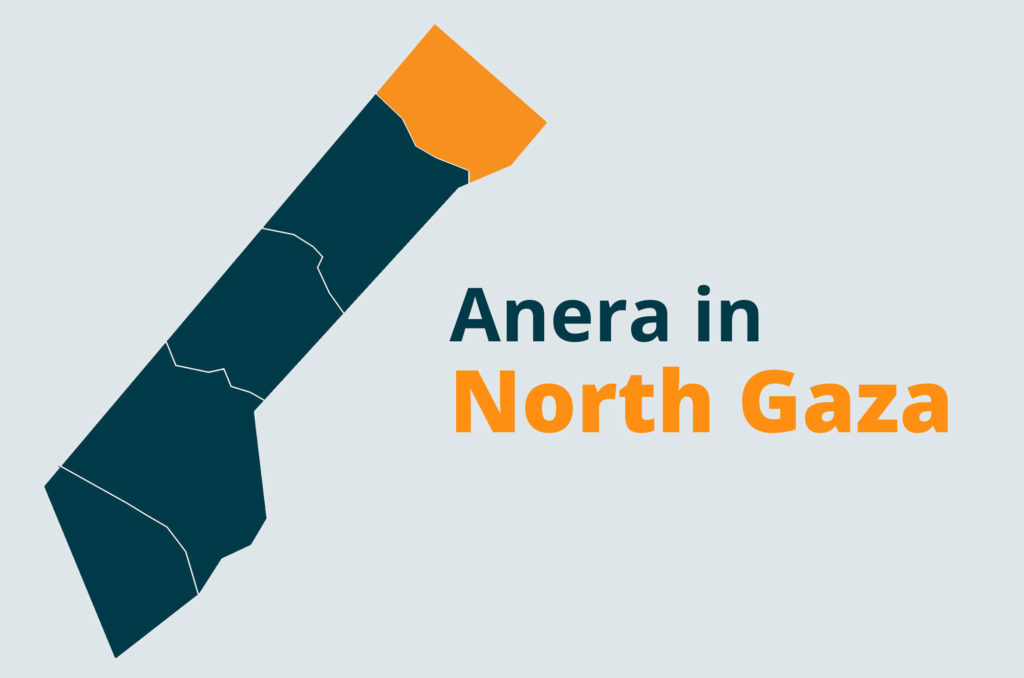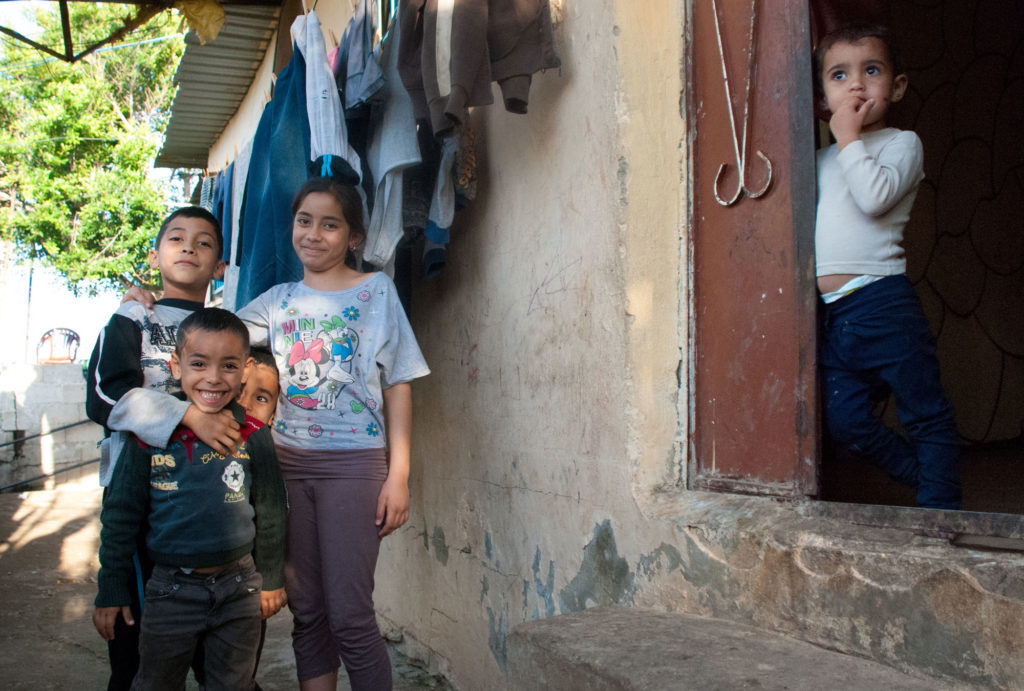HEALTH
Hope for Naela's Hands in Gaza
Jul, 2019
"It is our duty to support disabled people and to never let their disabilities prevent them from doing well." - Dr. Mustafa Abdelwahab
An increasing number of people with disabilities are seen on the streets of Gaza, particularly in the last year. People with disabilities face significant challenges in accomplishing mundane daily errands in Gaza. Eating at restaurants, shopping, studying at schools and universities, playing sports, working in associations and institutions - every activity must be negotiated differently with a disability. Nonetheless, the disabled in Gaza are asserting the right to live their lives fully.
On an early summer morning in Gaza the streets are still empty. But inside the Society of Physically Handicapped People the day has already begun. A crowd of patients queues for orthopedic care. Disabled young men and women, elderly, and children are all here for their medications.
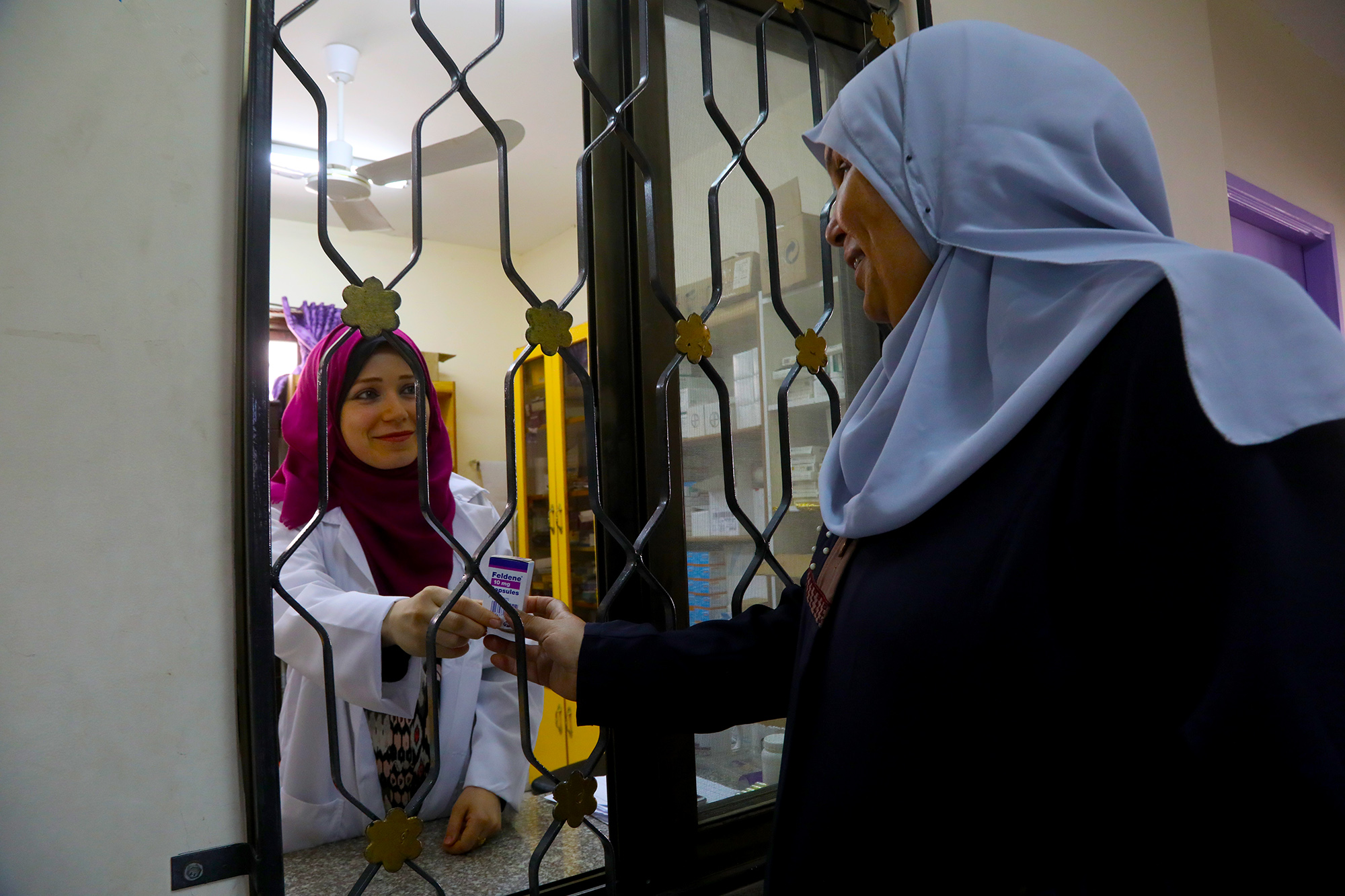

Naela, 51, is among the patients waiting for her prescription. "I have been suffering from tendonitis in my wrist and fingers since 2016," Naela says. The condition is characterized by an inflammation of the tendons that connect muscle and bone.
Older people are most prone to orthopedic conditions like tendinitis. In serious cases, pain restricts mobility and movement to the extent that it becomes a disability.
Every day Naela cleans her house, cooks for her family, makes bread and cares for her four children. All of these tasks become nearly impossible with tendinitis.
"Every morning when my 9-year-old daughter, Shaza, asks me to comb her hair, I feel sad that I can't help her," she says. Naela's sons try to ease the burden on their mom at home, but Naela doesn't feel happy unless she makes everything with her own hands.
"I took a lot of painkillers to reduce my pain without improvement. My doctor discouraged me from getting surgery since it costs too much money and the results aren’t guaranteed,” she says.
There are medications on the market such as piroxicam that reduce pain and stiffness from arthritis. However, Naela and her family cannot afford to purchase medicines. Hers is a common situation in Gaza, where the unemployment rate is one of the highest in the world.
"I need every shekel to provide the essentials for my children,” Naela tells us. “They are my priority."
Two weeks ago, a shipment of piroxicam, donated by International Health Partners and distributed by Anera, enabled Naela to start taking medication for her tendinitis.
"Since I have begun taking piroxicam, I have been able to start resuming my normal activities," she says.
MADRE funded the cost of shipping the medicine by sea from the UK. Transporting the medication requires securing proper documentation and approvals and coordinating with local authorities to ensure secure transit from Britain to the port at Ashdod, Israel. Once in Gaza, Anera distributes the medication directly to local partners.
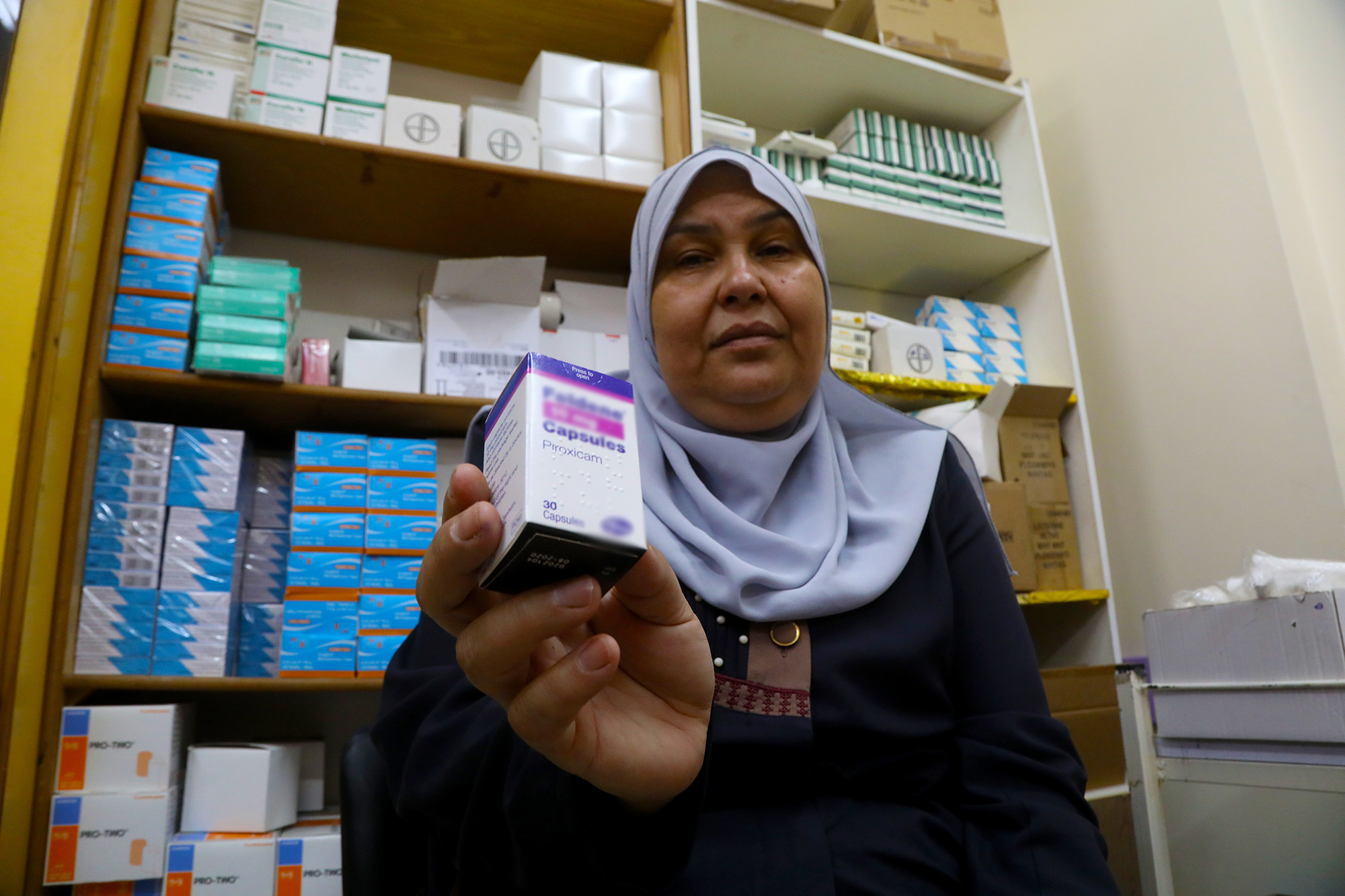

The Society of Physically Handicapped People receives around 3,500 patients every month. The clinic has long taken the lead in meeting the needs of orthopedic patients and people with disabilities.
"More than 50 percent of our medical supplies are donated by Anera," says Dr. Mustafa Abdelwahab, the chief of staff at the clinic.
The Society is managed and operated by directors and staff with disabilities. They advocate for the right to social inclusion for the disabled and work to provide comprehensive health care and medical rehabilitation, education, and psycho-social programs and services.
The Society’s rehabilitation program works with 500-600 patients each year, providing medication and psychological support to enable them to live with as much opportunity and independence as possible.
The Society has also established camps and clubs for the disabled to play sports locally and, remarkably for Gazans, even abroad.
"Recently our young men’s team traveled to France to participate in a competition. They won the gold medal!," says Dr. Abdelwahab.
Youth are a major focus for the center. Some 25 percent of the Society’s patients are children. A school for disabled children with 180 students every year is located next to the Society.
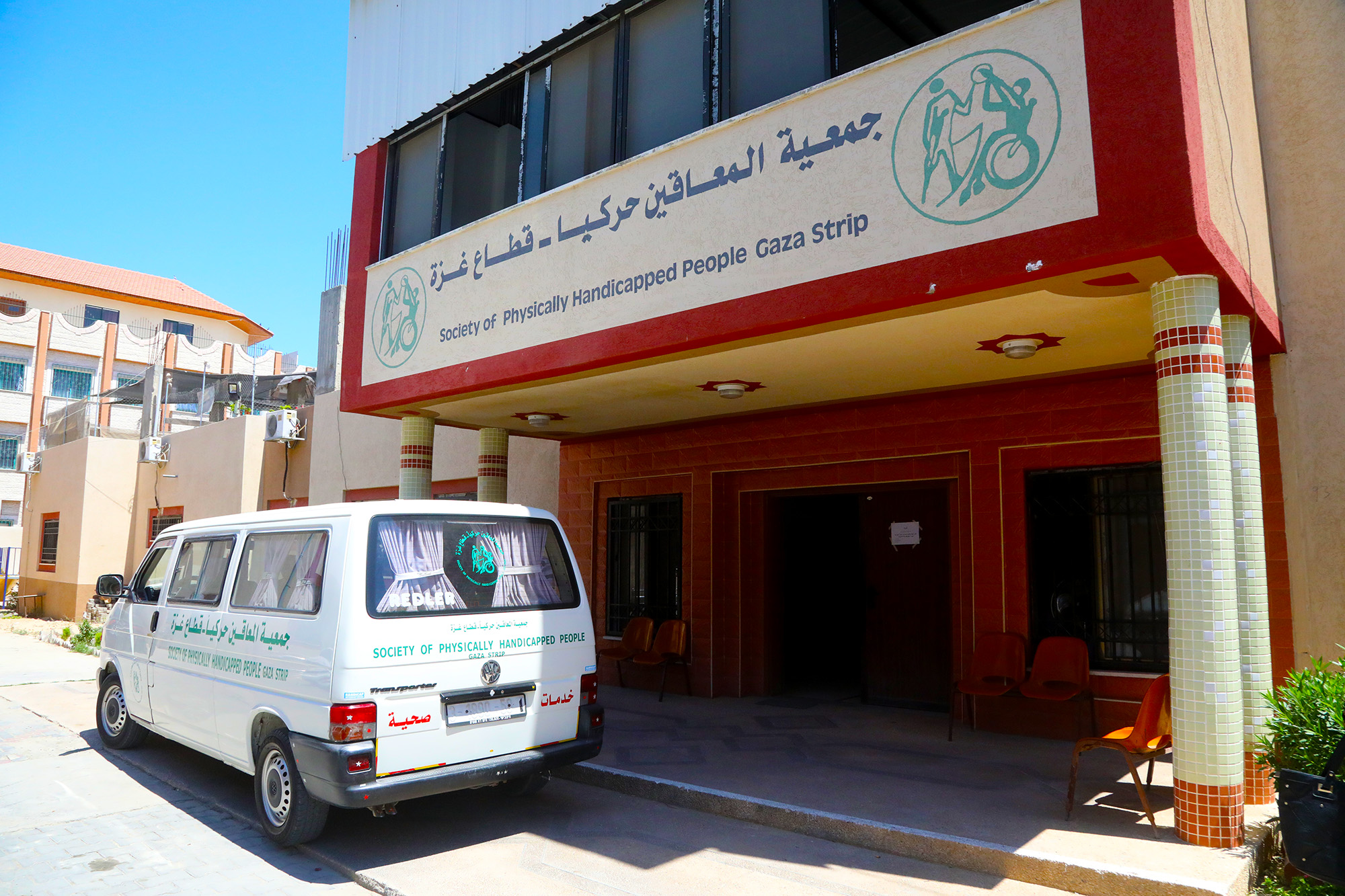

"It is our duty to support disabled people and to never let their disabilities prevent them from doing well," Dr. Abdelwahab says.
Anera recently distributed 18,000 tablets of piroxicam, generously donated by International Health Partners (IHP), to 16 clinics and hospitals, allowing patients to obtain the medication they need at no cost. The market rate in Gaza for piroxicam is $28 (100 NIS) every month.

